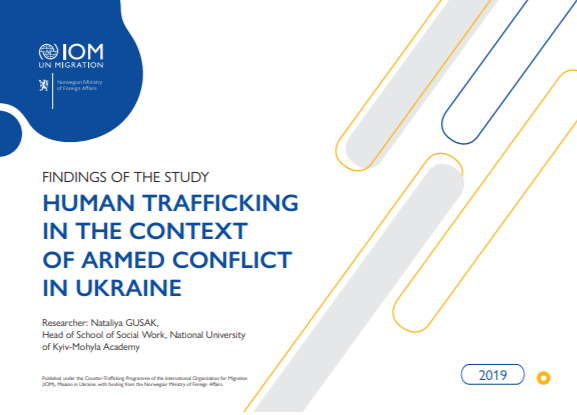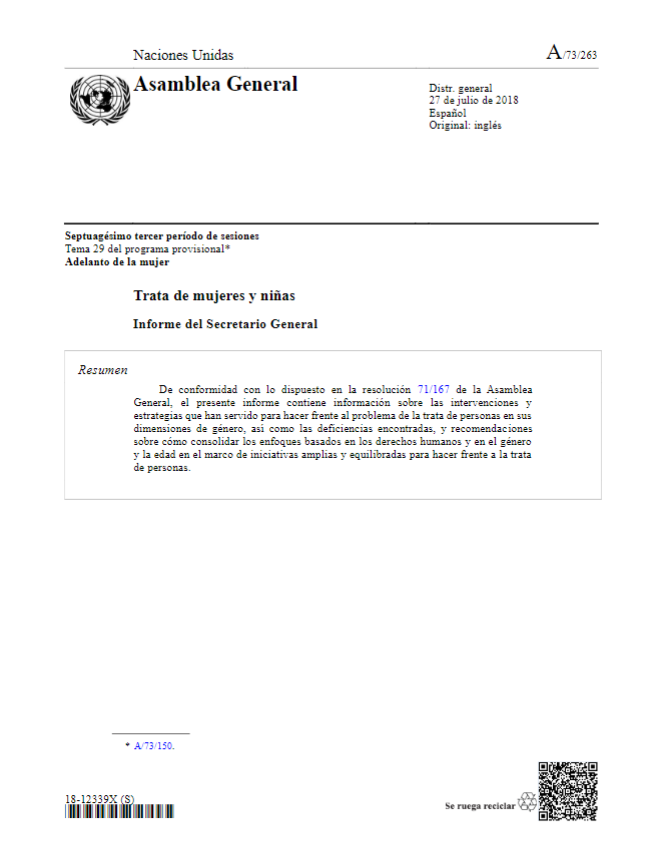Implications of COVID-19 for the Prevention of and Response to Conflict-Related Sexual Violence

The Coronavirus pandemic is dramatically impacting all aspects of the work being carried out by the United Nations. The purpose of this paper is to outline a number of policy and operational implications of the COVID-19 pandemic on the prevention of and response to conflict-related sexual violence (CRSV). This analysis by the Office of the Special Representative on Sexual Violence in Conflict is based on ongoing consultations with field practitioners, including Women Protection Advisers in United Nations peace operations, UN country offices, and civil society partners. It also reflects a number of issues of concern that have been raised by UN Action Against Sexual Violence in Conflict, the network of 15 United Nations entities chaired by the Special Representative on Sexual Violence in Conflict. Although empirical evidence related to the linkages between COVID-19 and the prevalence of CRSV and impact on multisectoral service provision is still scarce, in the short-term a broader body of related literature can provide an evidence-informed understanding of linkages between infectious disease epidemics and violence against women and children, including sexual violence in conflict and post-conflict settings. This analysis is intended to inform policy and programme responses to mitigate the risk of increased sexual violence in conflict and post-conflict settings as part of pandemic preparedness, as well as during and in the aftermath of the pandemic.
Country
Worldwide
Region
Worldwide
Year
2020
Topics
Category








